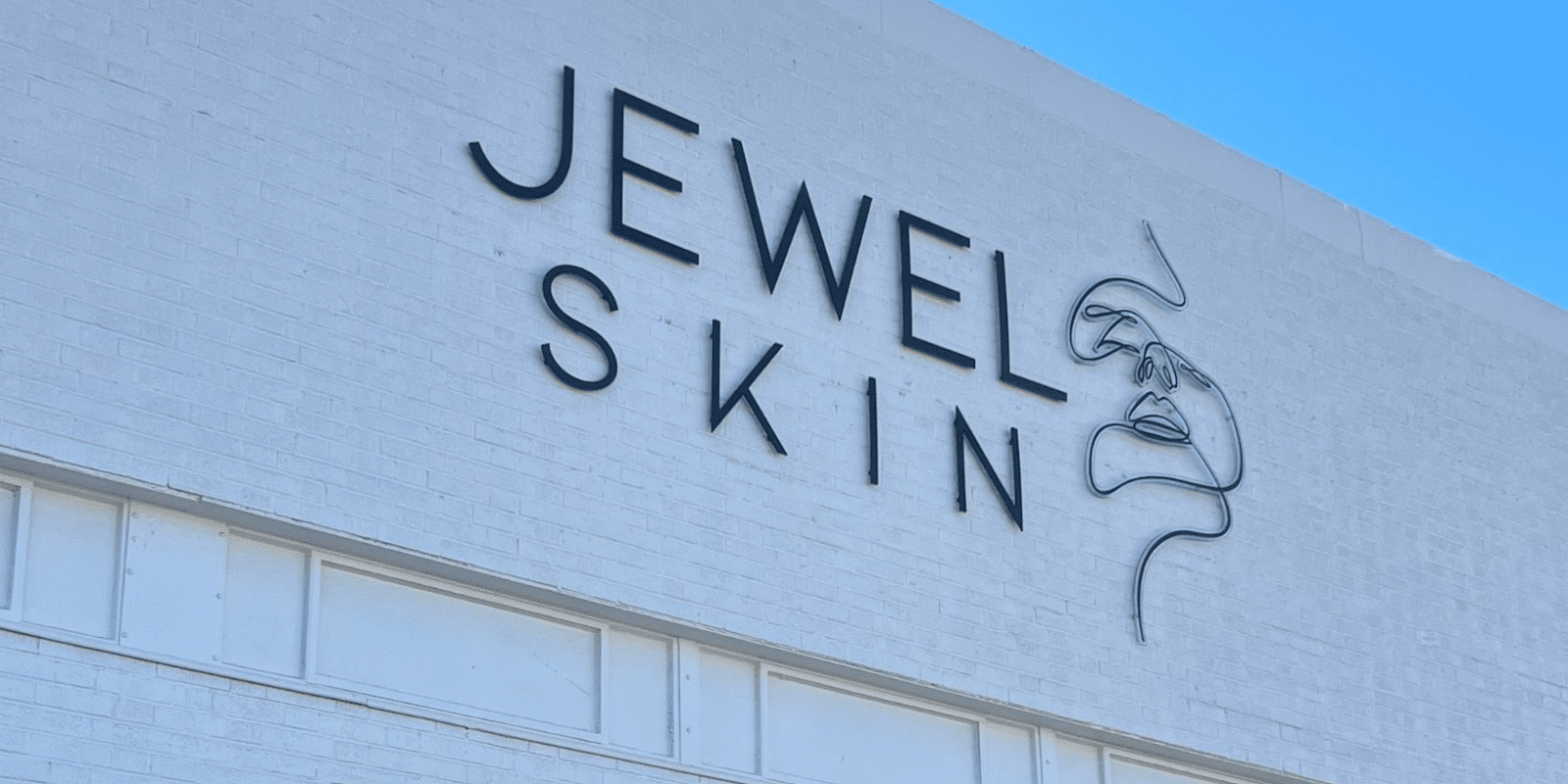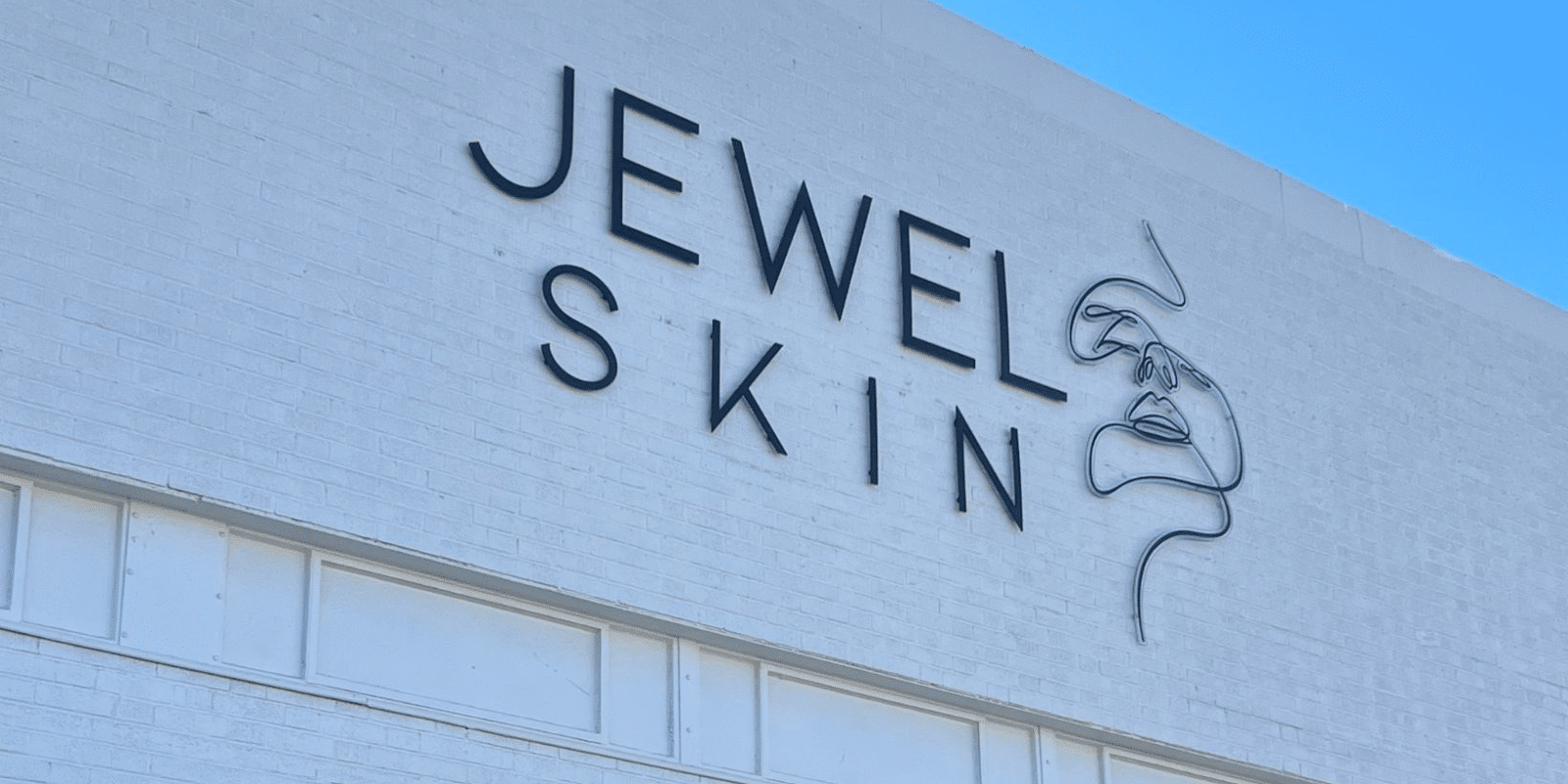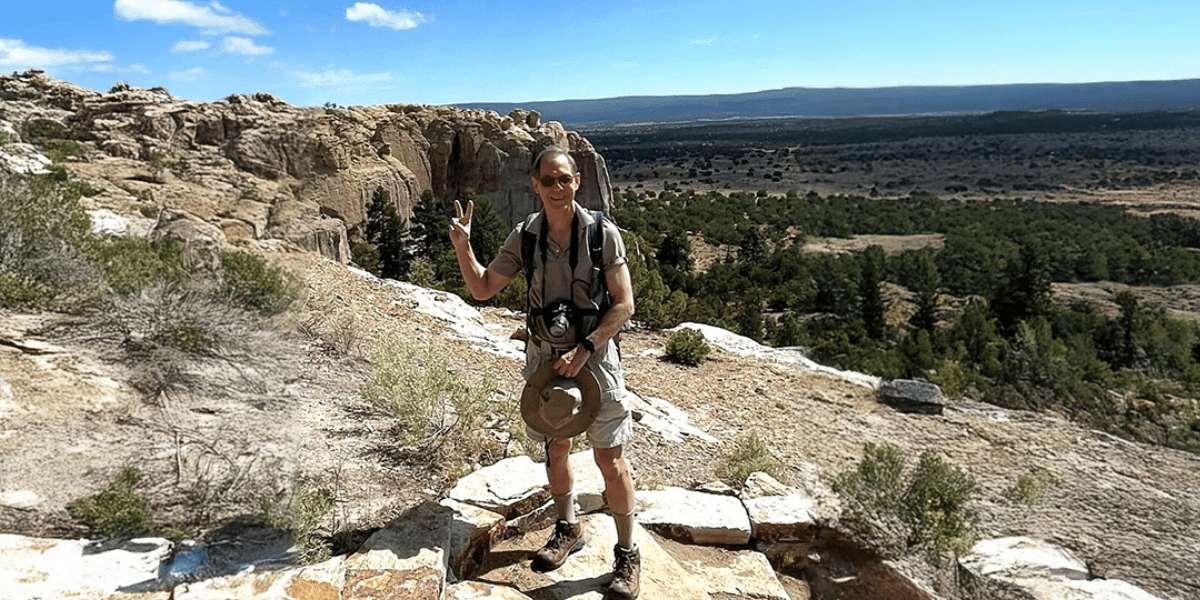Image commercially licensed from: Unsplash
Although the hustle culture has been around for a while, some individuals think it is starting to lose its appeal.
You’re hustling to build a mission-driven empire and utilize the #grindset, so you’re up at 0400, drinking Bulletproof coffee and green juice, and connected to a multi-screen workstation setup for back-to-back talks and strategy sessions. Who needs sleep when you’re about to make trillions?
The hustle-culture narrative fosters the concept that there is always more to strive for: more money, a greater title or promotion, and a higher ceiling to break through. Although not all entrepreneurs subscribe to these stereotypes, some experts suggest that the decades-long trickle-down effect of entire immersion in work, frequently to the detriment of other aspects of their lives, has left some people feeling pressed. Moreover, they point out that this worldview is heavily influenced by Silicon Valley tech startups and is spread through social media.
They also emphasize that overworking on purpose – and bragging about it – can harm workers’ mental and physical health and, as a result, may lose its luster, particularly among those employees from marginalized groups and backgrounds.
Many people are re-prioritizing what they want out of work and life in the epidemic era: they are leaving abusive workplaces, leaning out, building boundaries, and carving out more time for personal lives and interests. Furthermore, analysts warn that economic uncertainty and increased awareness of inequality can make the rise-and-grind mentality’s ideals and language sound out of date and out of touch.
Rise of the hustle culture
According to experts, the 1990s and early 2000s entrepreneurial boom established the groundwork for the hustle-culture narrative. Moreover, they point out that the rise of venture capital investment has aided in the development of Silicon Valley’s technology heavyweights, such as Google and Facebook, which have risen to supremacy. These high-profile successes, known for their intense, all-consuming work environments, reinforced Northern California’s global innovation and entrepreneurial hotspot position.
The mentality of working around the clock and hustling for money became an appealing business model for many. “That all validated the idea that in order to be successful and get anything substantial done, you needed to work long hours,” Srnicek adds. According to some founders, the key to success is? Work hard, and when you think you’ve done your best, work even harder.
“Hustle culture philosophy states that individuals overwork not because they have to, but because this is how go-getters get what they want,” Srnicek adds.
Heejung Chung, a sociology and social policy professor at the University of Kent in the United Kingdom who studies the labor market and welfare states, concurs. “People believed you had to devote yourself solely to work and sacrifice everything else.”
Is it time to stop glorifying the hustle?
Pandemic lockdowns allowed many workers to reconsider their work-life balance. However, because of the stress of financial instability at the time, some people found hustle culture to be more taxing than uplifting, according to experts.
In 2022, insurance company Prudential conducted a pulse survey of 2,000 US workers and discovered that 70% of U.S. workers had prioritized, or were considering prioritizing, their personal lives over their jobs and careers; 20% said they were willing to take pay cuts if it meant they could have a better work-life balance.
Data also reveals that employees are leaning out rather than going all in. Employee engagement in the United States had its first yearly reduction in a decade, falling from 36% engaged employees in 2020 to 34% in 2021, according to Gallup’s research of over 15,000 U.S. full- and part-time employees. This trend is expected to continue all through 2022, with 32% of full- and part-time employees working for organizations engaged, and 18% actively disengaged.
Furthermore, whereas hustle culture phrases such as “rise and grind” historically dominated workplace culture, new buzzwords such as “silent quitting,” “soft life,” and “Bare Minimum Mondays” have developed on social media.
Other analysts argue that the pandemic’s revelation of pervasive inequalities contradicted the idea of hustle culture as a meritocracy – the belief that anyone from any background can thrive at scale with their existing resources.
Lower-income and minority populations, for example, have encountered high-profile economic impediments in recent years, and caregivers, too, have battled throughout the pandemic, adding to the difficulties of entrepreneurship.
Furthermore, evidence suggests that white men are significantly more likely to acquire funding for startups: one 2019 report indicated that women-driven startups, as well as those led by founders such as Latinos and BAME individuals, receive far less funding. According to data from the non-profit entrepreneurial research organization DigitalUndivided, in 2020, Latina and black women founders received only 0.43% of all venture capital investment. In recent years, funding for some minority founders, especially black entrepreneurs, has decreased even further.
The evolution of hustle culture, not its extinction
Of course, hustle culture hasn’t completely vanished. Some people, particularly those with significant platforms, still subscribe to and encourage the rise-and-grind method.
In March, Hardik Pandya, senior vice president of design at Unacademy, one of India’s leading educational-tech companies, tweeted that “people who say you shouldn’t work weekends and everything have probably never experienced what fantastic work is.” As of this writing, the piece has received over 1.2 million views.
Read Also: Is protein powder and healthy diet?
Yet, experts argue that for some people, relentless effort and the pursuit of one-size-fits-all career milestones have become less culturally aspirational.
Long hours and hard labor were once the ultimate status symbol for many, but after a difficult few years – and with more economic troubles and likely layoffs ahead – some people appear to be valuing health and family over the hustle.
Reference:












